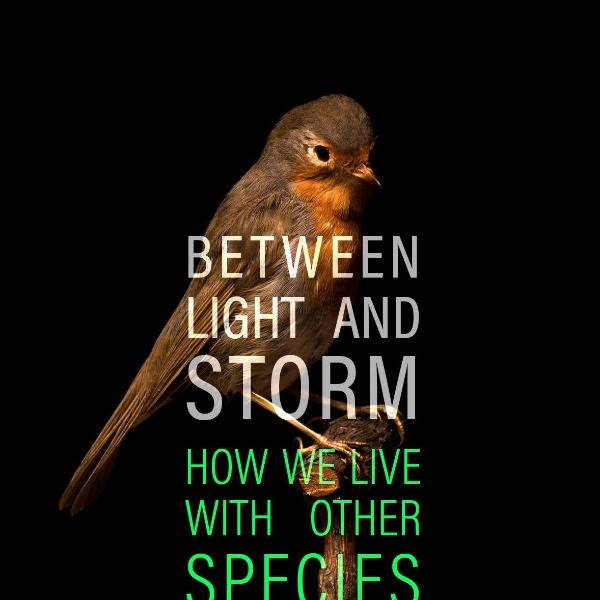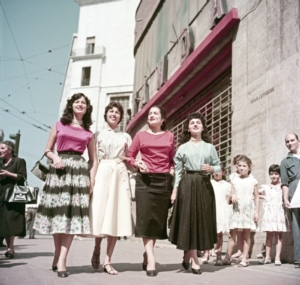Sara Holloway divides her collection of accounts of adoption into two sections ' 'Children' and 'Parents', with a further subdivision into 'Birth Mothers' and 'Adoptive Parents'. Within these obvious subheadings there's an extraordinary range of experiences. And the prose ranges from elegantly convoluted to direct and simple. But what they have in common is the raw honesty of writers who have elected to share with the reader their most intimate feelings in the face of seismic life-changing events. Despite that range of experiences, for the empathetic reader, there's an added accumulation of emotion in the similarities the stories share. The sequence of events becomes familiar, from birth to adoption, from revelation that you're adopted, to finding ' or not finding ' birth parents, from pregnancy to giving up the baby for adoption, from decision to adopt to bringing home a hard-won new family member. The range of variations within a more or less inevitable sequence is both arresting and humbling. It's a tribute to the editor's role that these testaments are ordered with great care and delicacy, so they complement one another and colour the reader's response.
As adoptees look for ways to come to terms with being adopted, they yearn repeatedly for narratives that makes their natural parents special, extraordinary ' the stuff of fairy tales and blockbuster movies. Australian adoptee Robert Dessaix dreams of 'fantastically shaped forebears ' pharoahs, czars, divas, dancers from the Paris opera'. For novelist Sandra Newman a 'long-lost father is not just a father but a mythical character halfway to a prince'.
Their responses to finding a truth that's either disappointing, banal ' or more truly fulfilling in its reality than any fairy story, range from tragedy to comedy too. Adoptee Dominic Collier accepts ruefully that it's hard 'to answer the why did you have me question. 'We were drunk' is often the true answer but not a kind response to an existentially troubled child.'
Adoptees often save a special corner in their hearts for their adoptive parents, the everyday reality that is their security. And if they have families of their own, they find new bonds. One respondent describes how his family 'provided the missing jigsaw piece which made me suddenly feel whole ' I was never looking for an alternative happy family. I had all I needed from the family that chose me and the family that I, later on, chose and love.'
Whether or not the birth mothers are reunited with their children, or have other children with new partners, they also have a shared narrative. They can never make up the years, and any relationship that develops is different from a conventional mother and child relationship.
American novelist Lyn Lauber's fierce longing for her newly-found daughter made her want to 'see the breath in her chest'. Now she feels she's become her daughter's 'intimate pal, a veteran of life and love, not the role I might have imagined, but what was there for me to be?'
And then there are the testimonies of the adopting parents, these necessarily resourceful parents forced through a series of endlessly punishing hoops. Australian writer Carol Lefevre, who adopted her daughter in Chile, charts the lengthy ordeal of getting her home; and then years later facing up to taking a troubled teenager to visit her birth country. She concludes movingly 'only love is truly thicker than blood.'
Repeatedly, anxious adoptees and adopters search for clues to inheritance or legacy ' the smallest characteristic can take on huge significance. American writer Dan Chaon, traced by Huck who fathered him as a teenager, notices the physical characteristics they share: 'Our hands match up; we have the same shoe size'. Chaon also has his adopted father's 'dogged loyalty, his even temper, his sentimentality, his appreciation of loneliness' His wife suggests 'Maybe it's not nature or nurture ' maybe you just invented yourself.'

